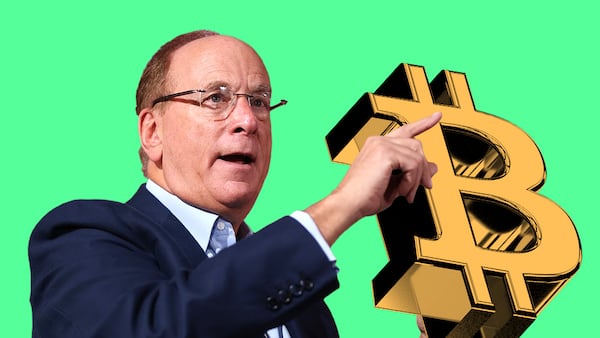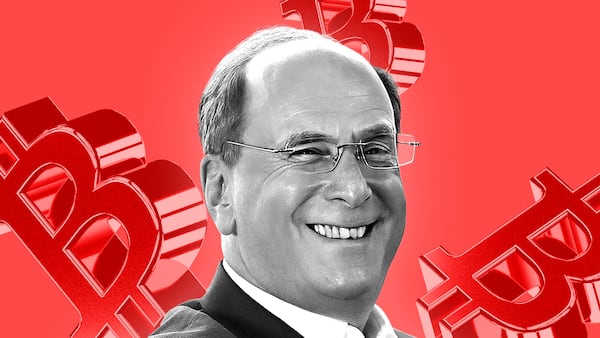- Wall Street giants such as BlackRock will not be as impactful as fintechs, said Paul Frambot
- Leading fintechs are forming important partnerships with DeFi players.
- Reversing DeFi's diminishment is urgent.
Forget BlackRock and other Wall Street giants. It’s fintech trailblazers such as Revolut and Robinhood that will breathe new life into DeFi.
At least, that’s what one crypto founder believes.
“We essentially need to build financial infrastructure for the most techy players in finance,” Paul Frambot, the CEO and founder of lending protocol Morpho, told DL News in an interview in Singapore on Monday.
“It’s very clear to me that this is the next step.”
‘Artificial casino’
Originally pitched as a far more efficient and transparent financial system, DeFi has become an “artificial casino” where speculation drives yields, Frambot said in the runup to Token 2049.
Morpho, which has raised $77 million from venture capital firms such as a16z and Ribbit Capital, launched at the peak of the hype cycle in 2021.
In a bid to best the most popular DeFi lending projects, Aave and Compound, Morpho launched Optimiser, a software layer that maximises yields.
Since the summer of 2021, however, DeFi’s total TVL, or invested deposits, has slid 56%, according to DefiLlama data. Fewer investors in DeFi means there are fewer developers and builders, and projects must compete for dwindling resources.
‘Aave versus Maker, Maker versus Ethena — everybody’s competing?’
— Paul Frambot, Morpho
“It is getting more competitive, that’s clear,” Frambot said.
“Aave versus Maker, Maker versus Ethena — everybody’s competing.”
Leading fintechs Revolut, Robinhood, and eToro have each embraced crypto as a core piece of their offerings in the banking or brokering market.
Frambot is hopeful they and others can burnish DeFi’s attraction for mainstream users.
“The question is, How do we get from this artificial casino, bootstrapping phase to the broader message?” he said.
Fintechs plug in
Over the past decade, digital banks like London-based Revolut have established a beachhead in the once impregnable domain of traditional banks.
Making a run in payment processing, though, is proving to be harder.
Fintechs must use the same outdated “rails” as banks, remittance firms, asset managers, and other financial players.
“They plug into the traditional financial infrastructure, which has limitations. It’s not efficient, it’s not transparent, it’s not resilient,” Frambot said.
An opportunity
He said this is an opportunity for decentralised finance. And fintechs get it.
They are already building apps to plug into web3, he said.
Robinhood has partnered with Arbitrum on a self-custody wallet.
He expects more fintechs to seek more DeFi partnerships in the months to come.
“They’re aggregating the order flow of finance, and now they can become the owners themselves of the financial infrastructure,” he said.
“They’re essentially breaking free of TradFi.”
Ben Weiss and Jo Wright are correspondents for DL News. Ben is reporting from TOKEN2049 this week.





